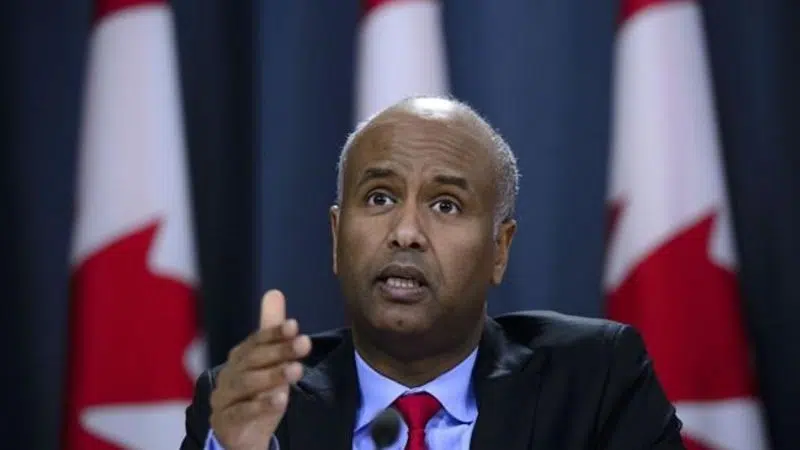
Ontario signs on to housing help from the federal Liberal government
OTTAWA — Money will begin to flow next summer in Ontario through the first of an expected 13 funding agreements for a new rent supplement for low-income households, as officials work on the fine details to make sure rents don’t go up and the cash is used for housing costs.
The $1.46-billion joint funding deal with Ontario announced Thursday — split 50-50 by the federal and provincial treasuries over eight years — will help the province roll out the Canada Housing Benefit in the spring as part of an expansion of an existing provincial program.
The benefit will be tied to a person, rather than a social housing unit, meaning a tenant won’t lose the supplement if they move. That way, they can use it to help pay rent in a private unit, rather than having to wait for a spot in social housing to open up.
In Ontario, the money will go to families who are already on, or eligible to join, wait lists for social housing, as well as those already living in community housing in the hopes they will move into the private market and open up subsidized units for families in desperate need.
